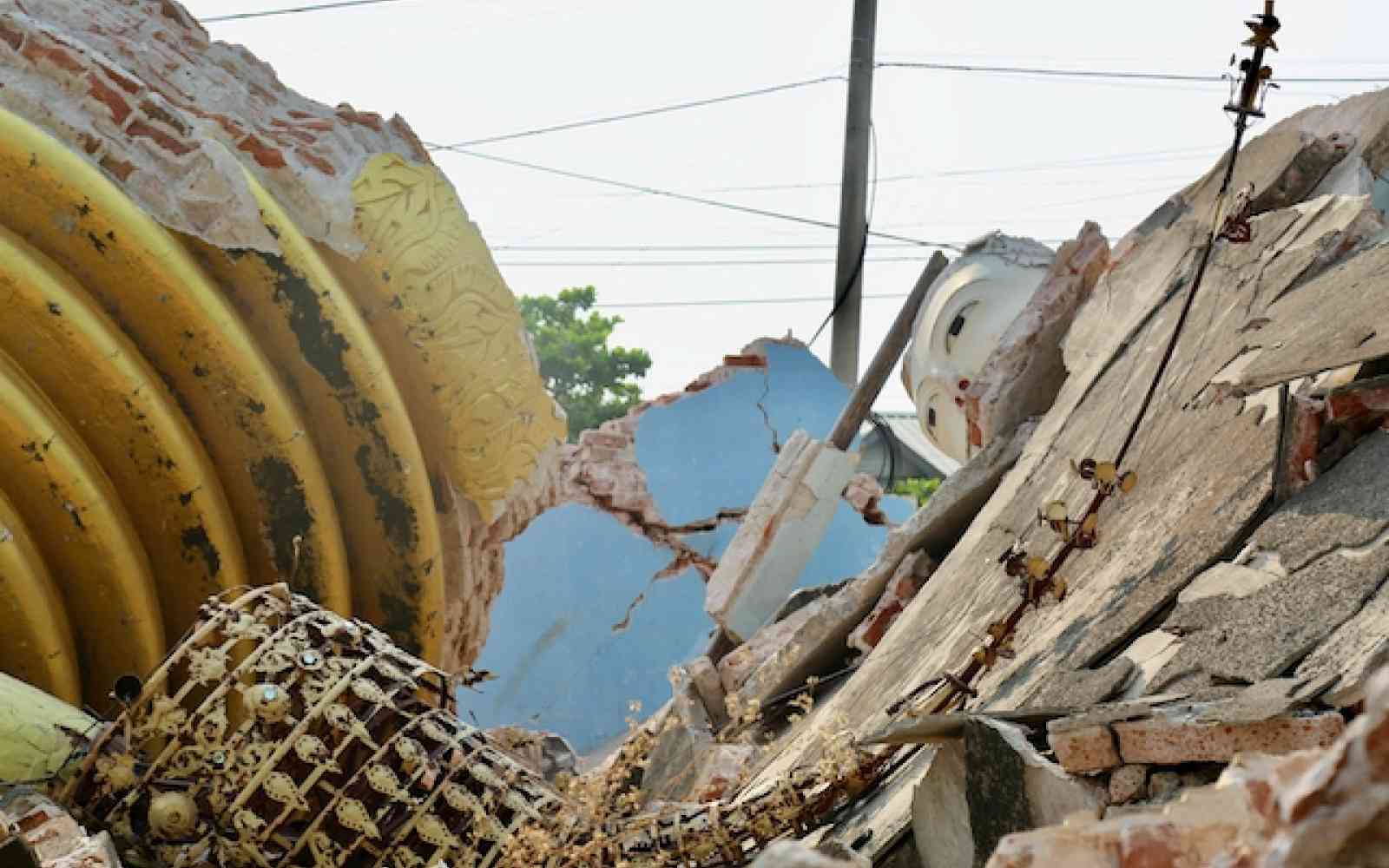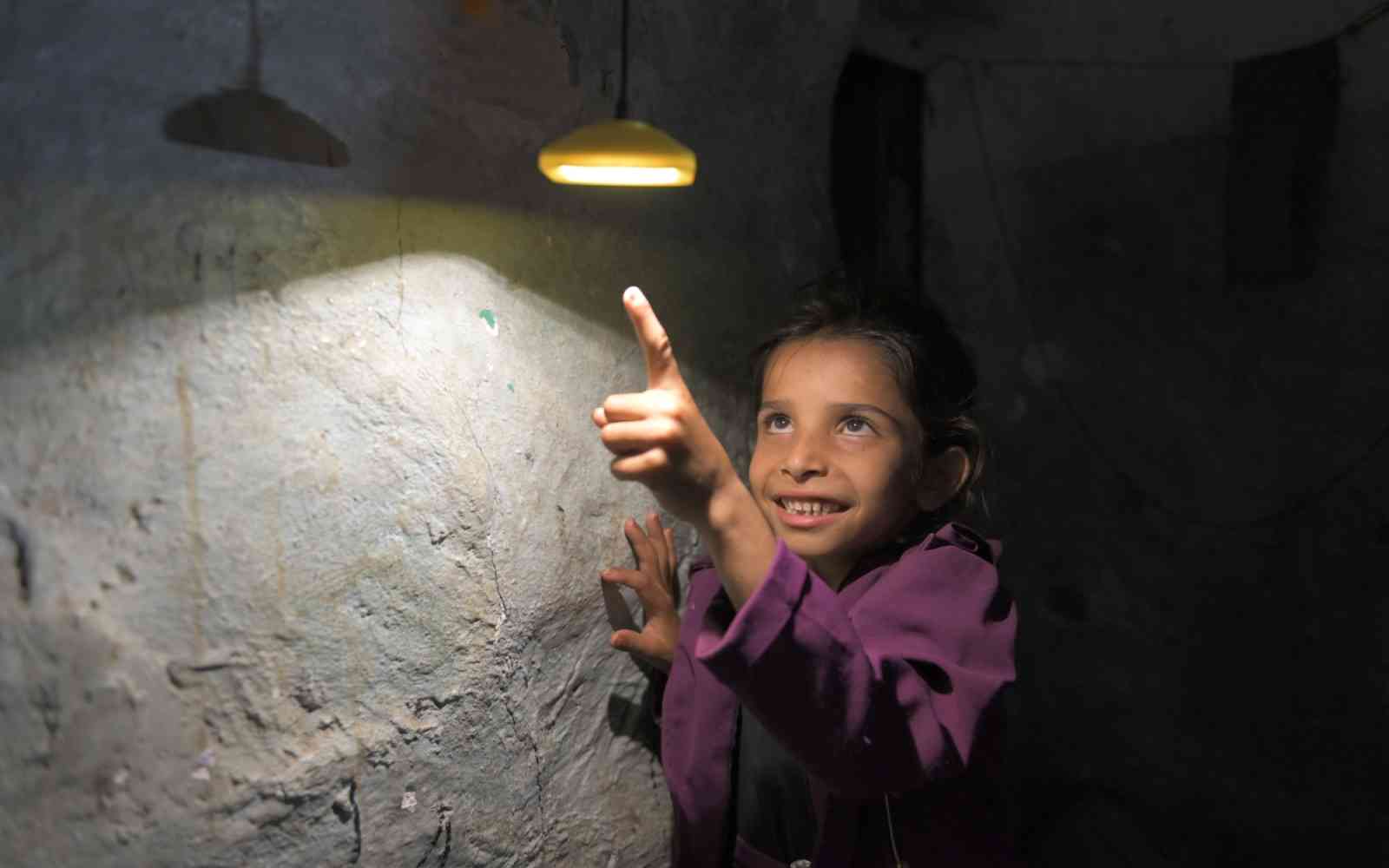The United Nations Office for Project Services (UNOPS)
UNOPS and RedR Australia team up to help build resilience
A new partnership between UNOPS and RedR Australia will harness both organizations’ expertise to strengthen crisis response efforts and bolster sustainable development initiatives towards the 2030 Agenda.
“Now, more than ever, strong partnerships are vital to respond to, and tackle, some of our world’s biggest challenges – from rebuilding and recovery efforts in the wake of conflicts and health crises to the impacts of climate change and extreme weather events,” said Honoré Dainhi, Director of UNOPS Regional Portfolios.
Our collaboration with RedR Australia will bring together knowledge and expertise to help address needs in some of the world’s most challenging environments – strengthening our impact on the ground and helping to build a better – and more equal – future for all.
Under the five-year agreement, UNOPS will work with RedR Australia to mobilize personnel in a broad range of fields that complement UNOPS own technical expertise. The agreement will also further enhance UNOPS capacity to support vulnerable communities. UNOPS and RedR Australia will collaborate on peace and security, humanitarian and development initiatives. In addition – and in line with RedR Australia – the current UNOPS strategic plan puts gender mainstreaming and disability inclusion at the centre of its operations, training and processes.
“There is clear alignment with the skills RedR Australia roster members can offer to UNOPS projects, and the partnership presents an exciting opportunity for us to expand our training and recruitment into new specialist areas,” said Kirsten Sayers, CEO of RedR Australia.
“Capacity to deploy with UNOPS projects will also ensure more efficient placement of roster members to humanitarian crisis areas, delivering more impact per dollar spent for deployments,” noted Sayers.
RedR Australia is an international humanitarian organization, supporting crisis-affected communities through the provision of skilled personnel across multiple sectors – including infrastructure, health, education, logistics and communications. The organization is funded through private sector and government partners, including the Australian Department of Foreign Affairs and Trade and the United Kingdom’s Foreign, Commonwealth and Development Office.











